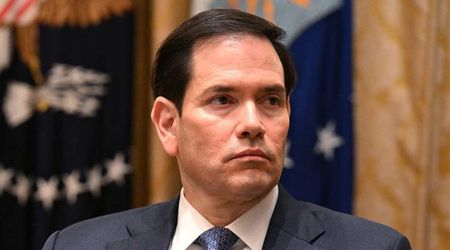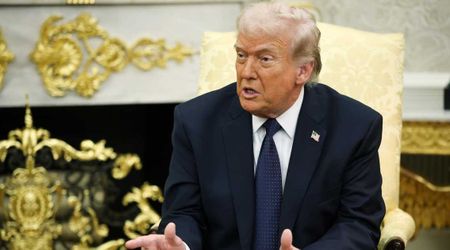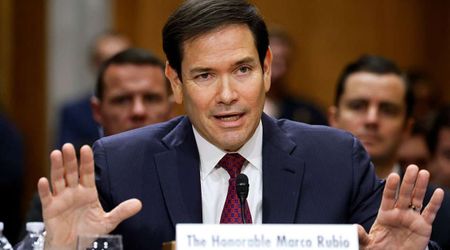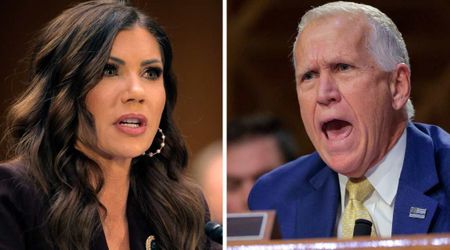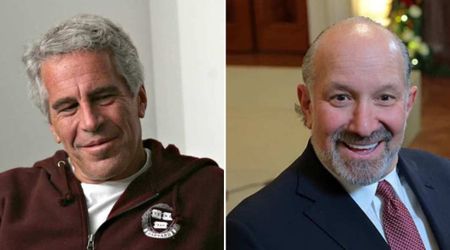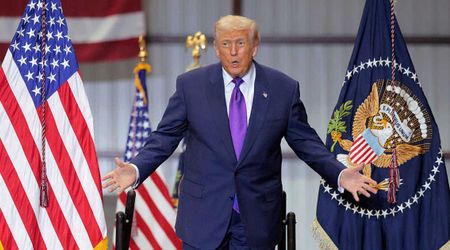Why LA protesters are waving Mexican flag during anti-ICE demonstrations and what it means to them

LOS ANGELES, CALIFORNIA: If you’ve caught even a single clip from the recent Los Angeles immigration protests, chances are you’ve seen the unmistakable red, white, and green of the Mexican flag being waved on packed streets, freeway blockades, and news camera lenses.
In an article by Politico columnist Lindsey Holden, she wrote, “To some, the flag — its bright colors standing out against dark smoke from burning cars and tear gas — is a powerful sign of resistance to President Donald Trump’s mass-deportation agenda.”
On the other hand, that same flag is “ammunition for conservatives aiming to paint the unrest as a ‘migrant invasion.’”
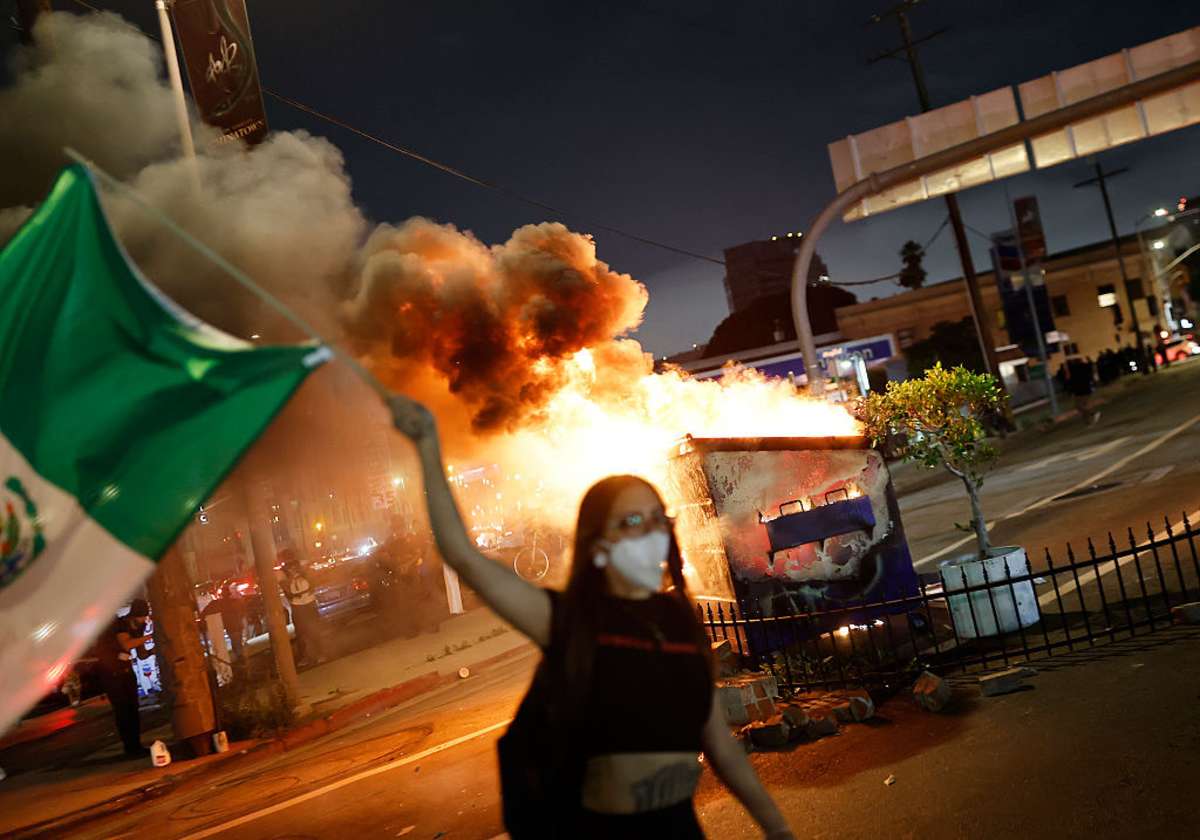
Recent LA protests echo 1994's anti-Proposition 187 demonstrations
Holden noted that this is hardly the first time the Mexican flag has been featured at immigration protests.
“Protesters’ prominent use of the flag evokes photos from more than 30 years ago,” she writes, harkening back to 1994 when masses rallied against Proposition 187, an infamous ballot initiative that tried to block undocumented immigrants from accessing public schools and services.
That movement, per Holden, “served as an awakening” for California’s Latino political community — and even helped launch political careers like that of former state Senate President Kevin de Leon.

In fact, the same banner reappeared during the 2006 protests opposing George W Bush-era immigration legislation. As Holden puts it, the flag keeps returning because it still hits home.
Angelica Salas, executive director of the Coalition for Humane Immigrant Rights of Los Angeles, explained to Politico's California Playbook, “When you attack the undocumented community, when you attack the immigrant community, there is a sense that — I mean, it’s a reality — the majority of the folks are Mexican.”
Mexican flag is a symbol of pride and identity

According to Salas, the flag represents a lot more than just nationality. It’s about identity and a refusal to apologize for it. “It’s really about saying we’re American, Mexican American, and we’re not ashamed of being Mexican,” Salas told Holden.
“There’s a very popular refrain amongst our community that you can’t just like our food and our culture — we also demand that you like the people," she continued.
BREAKING: Organizers of LA Protests are now assembling and handing out American flags to protesters.
— Aldo 🌞 (@AldoButtazzoni) June 10, 2025
This comes after days of footage showing them waving Mexican flags while torching cars, attacking police and burning U.S. flags.
It’s clear they realized the current optics… pic.twitter.com/3iMPfSm4mj
"Because it’s sort of a very, very strong sentiment that there’s a like for what we produce and [for] our culture and our foods and everything else, but not of the people. So there’s a sense of the deep level of discrimination against the Mexican people," she explained.
“So when people carry the flag,” Salas continued, before adding, “It’s really a symbol of pride and a symbol of ‘We’re not going to be ashamed to claim our heritage, our Mexican heritage. We’re not going to be bullied to hide an aspect of who we are.’”

Young, proud, and backing their parents
Holden tried to highlight the generational shift happening right on the pavement. Most of the youth waving Mexican flags are reportedly not undocumented. They’re American-born and they’re showing up for their parents, Salas insisted.
“When you see a lot of young people with their flags,” Salas told Holden, “it’s also claiming and [showing] support for their parents.” Many of these kids are second- or third-generation citizens. But they haven’t forgotten where their families came from or who raised them.
"I feel like every time I ask a young person — whether they’re carrying a Mexican flag, a Salvadoran flag, a Guatemalan flag, or any other flag — it’s just about, ‘I want people to understand I’m proud of who I am. I’m not ashamed to be Mexican, and I’m certainly not ashamed of my parents. And I want them to know that I will not reject them.’ Because there’s a lot of pressure to reject the Mexican heritage," she explained.
A state with Mexican roots
To wrap it all up, Salas made the case that this isn’t some fringe movement — it’s California.
“Thirty percent of the population is people of Mexican descent — 12 million individuals who live here,” she noted. “We are proudly a multigenerational community.”
❗️ LA anti-ICE protest explodes —hundreds waving Mexican flags shut down both sides of 101 Freeway https://t.co/Ms5T1L0toi pic.twitter.com/dAZfuz1j6v
— RT (@RT_com) February 2, 2025
That pride runs deep among immigrants, both in recent arrivals and those whose families have been here for decades.
"And then [the] majority of the people actually are second-, third-, fourth-generation Mexican American. There’s a lot of pride in our deep roots in the region," Salas said, before adding, “There’s a lot of pride in our deep roots in the region."




